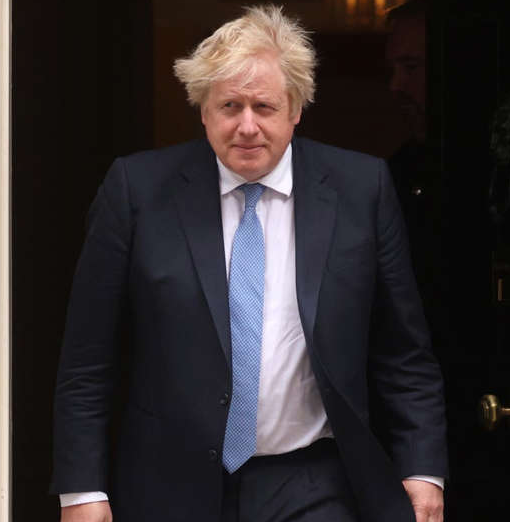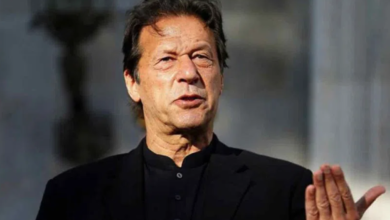Boris Johnson wants to forget partygate, but will parliament let him?

Wednesday’s appearance in front of the privileges committee was billed as the day of reckoning for the former prime minister, with all the jeopardy that it brought. Instead, after months of gathering evidence and testimony from witnesses, there was no smoking gun.
That’s not to say it wasn’t uncomfortable, awkward and at times terse as Mr Johnson underwent over three-and-a-half hours of hostile cross-examination from a cross-bench group of MPs.
The former prime minister insisted he did not intentionally or recklessly mislead parliament when he told MPs that guidance and rules had been followed at all times in Number 10, not once but on two occasions in December 2021.
At the heart of his defence was the argument that while guidance was at times broken, in the round, officials tried to stick to the principles, even when social distancing wasn’t “complied with perfectly”, and that he relied on advice of his officials.
But there were difficult moments, no doubt, as the prime minister at times grew tetchy under cross-examination.
Sir Bernard Jenkin, who quizzed Mr Johnson on Lee Cain’s unsocially distanced leaving do in Number 10, was told by the former leader that such a gathering was “essential for work purposes”.
The senior Conservative shot back that had the former prime minister had been asked at his press conference podium whether “it was okay for organisations to hold unsocially distanced farewell gatherings in the workplace” – he was asked what would he have said.
Mr Johnson spluttered something about how they’d have to decide how they were going to implement the guidance: Even the non-cynical would likely say that answer was implausible.
And what of the “BYOB” – Bring Your Own Booze – Number 10 garden party in May 2020? Again, Mr Johnson was adamant this was a work event to thank staff (many of whom were fined). Why then was Lee Cain, his then director of communications, concerned about the “optics, not about the rules”?
“I think he was concerned about the impression that people might gain if they looked over the garden wall, if they were coming from the media room and thought that we were doing something other people weren’t allowed to do,” said Mr Johnson.
“I can see why people might have felt that way. But as I told the House when I came to report on that event, I still believe it within the guidance and within the rules.”
It might not pass the “head-over-the-garden-wall” test, but in Mr Johnson’s version of life at Number 10, unsocially distanced farewell gatherings were allowed at work – a memo the rest of the country failed to receive.
What these examples show was the incredulity of MPs quizzing the former prime minister on what they clearly thought were obvious breaches he saw with his own eyes – and Mr Johnson’s resolute assertion that everything he laid his eyes on was within the rules.
And the stuff he didn’t see? Well, he relied on key staff to advise him whether events were in the rules.
On this, the former leader came a bit unstuck, with evidence from three of his closest advisers – his then director of communications, his cabinet secretary and his principle private secretary – stating they did not give assurances that all guidance and rules were followed at all times.
And on that, the outstanding question is why the former prime minister didn’t come to the Commons to correct the record earlier. His response seemed to be that, in the round, he thought guidance had been followed where possible – and even when asked by chair Harriet Harman if he wanted to correct the record and acknowledge guidance wasn’t followed at all times, he refused to budge.







